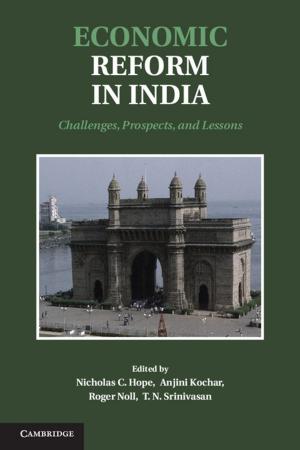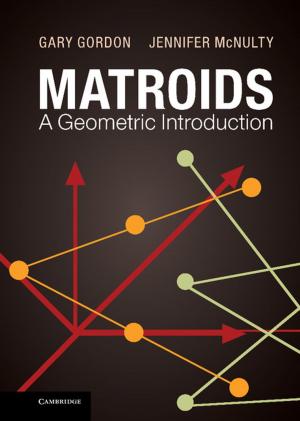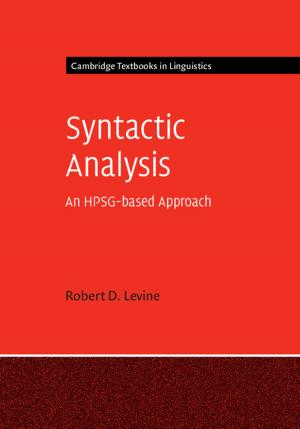Self-Organizing Federalism
Collaborative Mechanisms to Mitigate Institutional Collective Action Dilemmas
Nonfiction, Social & Cultural Studies, Political Science, International, Foreign Legal Systems, Business & Finance| Author: | ISBN: | 9780511700255 | |
| Publisher: | Cambridge University Press | Publication: | October 26, 2009 |
| Imprint: | Cambridge University Press | Language: | English |
| Author: | |
| ISBN: | 9780511700255 |
| Publisher: | Cambridge University Press |
| Publication: | October 26, 2009 |
| Imprint: | Cambridge University Press |
| Language: | English |
This book investigates the self-organizing responses of governments and interests to the institutional collective action (ICA) dilemmas of particular concern to students of federalism, urban governance, and regional management of natural resources. ICA dilemmas arise in fragmented systems whenever decisions by one independent formal authority do not consider costs or benefits imposed on others. The ICA framework analyzes networks, joint projects, partnerships, and other mechanisms developed by affected parties to mitigate ICA decision externalities. These mechanisms play a widespread role in federalist systems by reshaping incentives to encourage coordination/cooperation. The empirical studies of urban service delivery and regional integration of regional resource management address three questions: How does a given mechanism mitigate costs of uncoordinated decisions? What incentives do potential members have to create the mechanism? How do incentives induced by the mitigating mechanism affect its sustainability in a changing environment and its adaptability to other ICA dilemmas?
This book investigates the self-organizing responses of governments and interests to the institutional collective action (ICA) dilemmas of particular concern to students of federalism, urban governance, and regional management of natural resources. ICA dilemmas arise in fragmented systems whenever decisions by one independent formal authority do not consider costs or benefits imposed on others. The ICA framework analyzes networks, joint projects, partnerships, and other mechanisms developed by affected parties to mitigate ICA decision externalities. These mechanisms play a widespread role in federalist systems by reshaping incentives to encourage coordination/cooperation. The empirical studies of urban service delivery and regional integration of regional resource management address three questions: How does a given mechanism mitigate costs of uncoordinated decisions? What incentives do potential members have to create the mechanism? How do incentives induced by the mitigating mechanism affect its sustainability in a changing environment and its adaptability to other ICA dilemmas?















